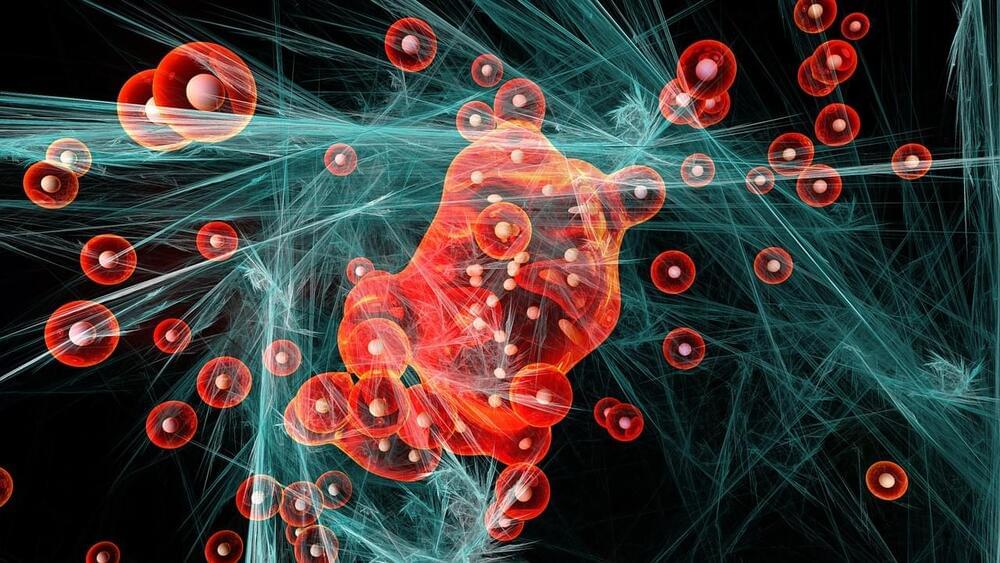Inflammation is generally a good response that occurs in the body when infected with a foreign pathogen. The infected area gets hot and swollen from immune cell infiltration to kill the pathogen. As soon as the pathogen is killed, the body sends signals to reduce inflammation and bring the body back to baseline or homeostasis. This acute inflammation is necessary, but when inflammation is prolonged or chronic, it can have devastating effects.
Cytokines are small proteins released by cells that help direct function and communicate between one another. During inflammation many different cytokines are released to signal immune cells to come and kill the pathogen. Additionally, once the immune cells get there, they also release cytokines to get more immune cells to the sight of infection. There becomes a positive feedback loop until the pathogen is killed, in which the cells then send anti-inflammatory cytokines to regulate the immune system. In chronic inflammation the release of inflammatory cytokines is sustained and leads to a “cytokine storm”. A “cytokine storm” is a phrase used to describe millions of different cytokines in an area with inflammatory functions. A “cytokine storm” usually leads to cytokine release syndrome (CRS), which makes a person sick. CRS can result in many different symptoms including, but not limited to, fever, fatigue, headache, and rash. In extreme cases, it can result in infection and even death.
